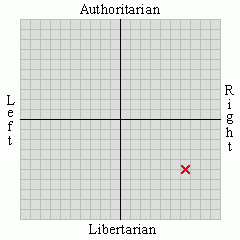You often hear people being spoken of in approving terms as being “socially liberal”, or indeed describing themselves as such. This seems to cover a vaguely-defined range of issues including supporting gay marriage, women’s rights, cycling and drug legalisation, opposing racial discrimination and strongly believing in man-made global warming.
All very laudable and motherhood-and-apple-pie, you might think. But, while claiming to support free speech, they are often strangely quiet when it comes to the freedoms of those who take an alternative view. If you don’t support their right-on agenda, you really don’t have a right to be heard. And they suffer from a bizarre cognitive dissonance when it comes to their attitude towards Islamic fundamentalism, which opposes all they hold dear, but of which they regard any criticism as “racist”.
They are also very selective in the kind of causes they will stand up for. I can’t remember the “socially liberal” doing much to oppose any of the bans implemented by the last Labour government – handguns, hunting with hounds, tobacco advertising, smoking in enclosed public places, not to mention the ongoing war against alcohol and constantly expanding restrictions on private motor transport.
So it seems that their vision of liberalism is actually extremely limited. Supporting freedom doesn’t add up to much if you only support the particular freedoms you happen to approve of. I always take the view that someone’s attitude towards smoking and smokers is a reliable touchstone of how liberal they actually are. Indeed, whenever I see someone proclaim themselves to be “socially liberal”, I tend to assume they are actually, in many respects, extremely illiberal.







